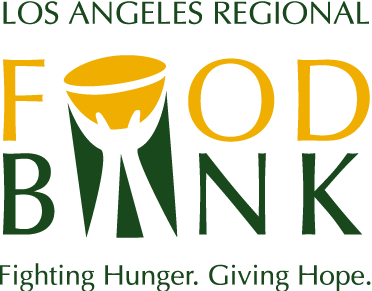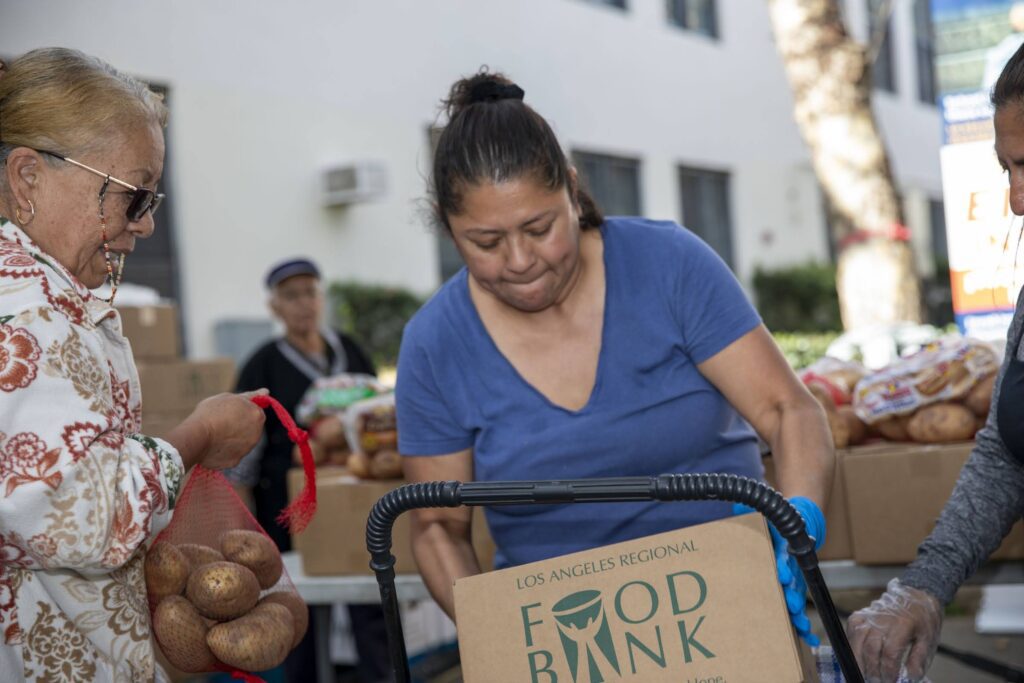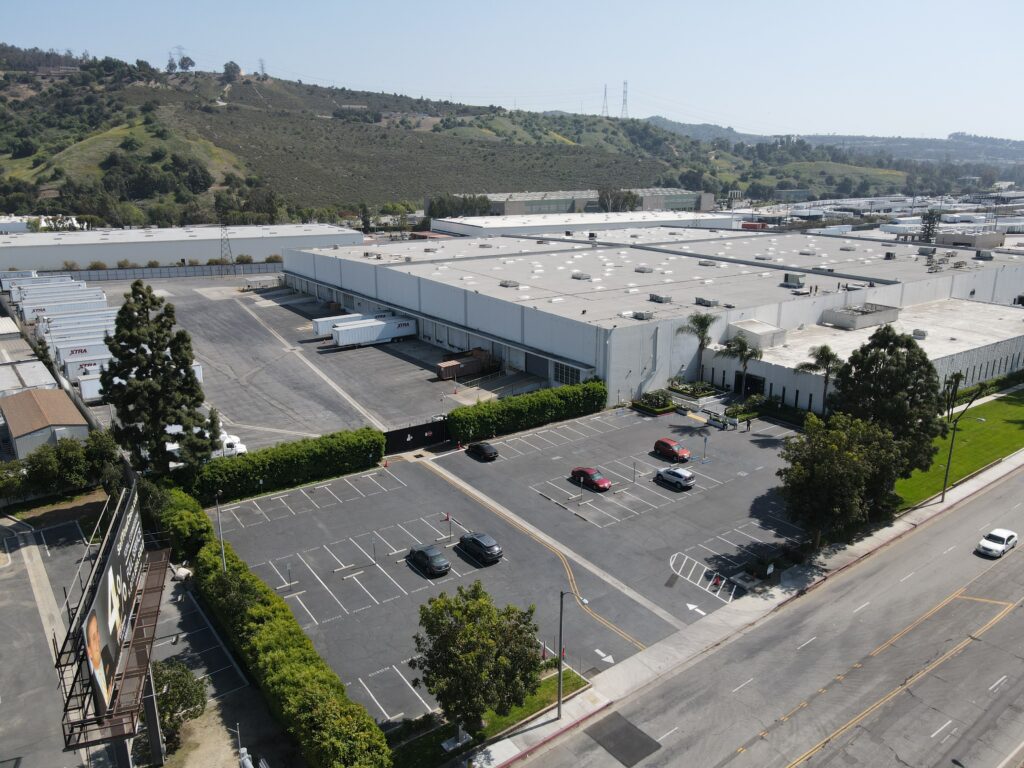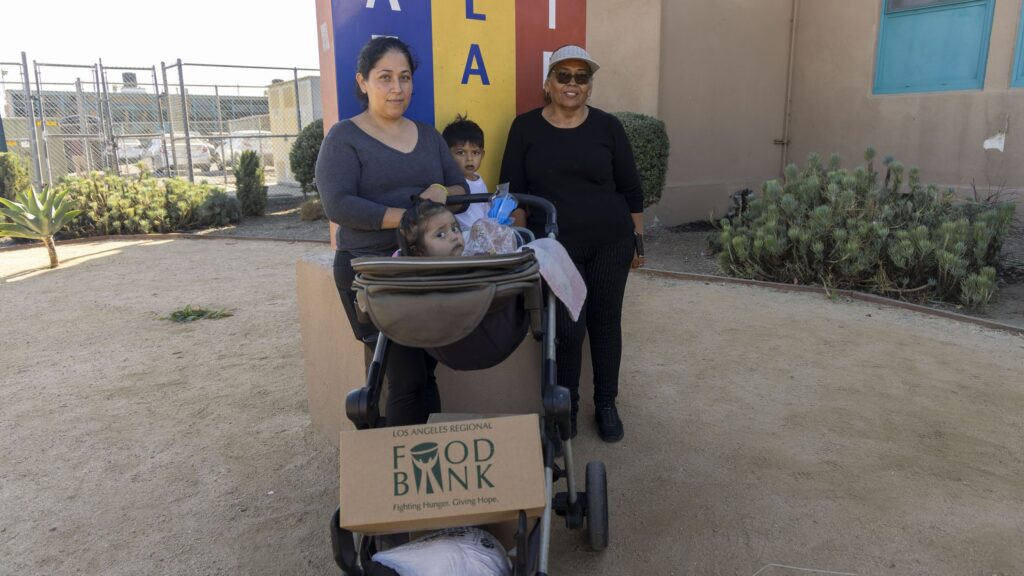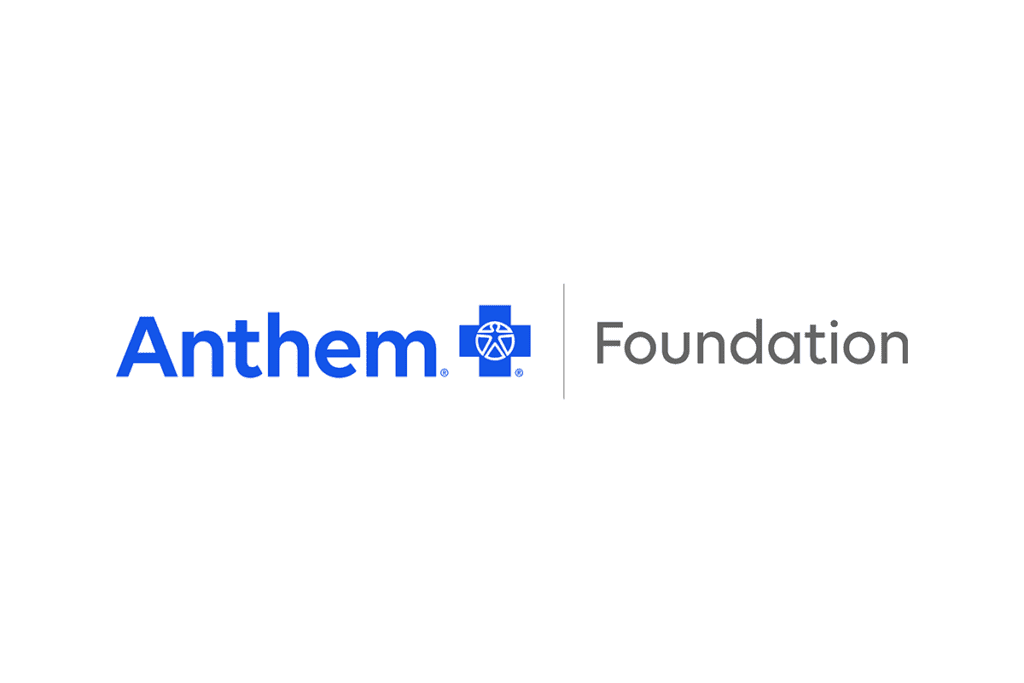The LA Regional Food Bank’s Menstrual Hygiene Products Assistance Program
The LA Regional Food Bank’s Menstrual Hygiene Products Assistance Program
Being unable to afford menstrual hygiene products, also called period poverty, impacts about 22 million people who menstruate in the United States, reports Harvard Health Publishing. Furthermore, an estimated 64% of people who menstruate reported having difficulty affording menstrual hygiene products such as pads, tampons, or reusable products like menstrual cups.
The Los Angeles Regional Food Bank is committed to providing essential resources for our communities, including menstrual hygiene products. In 2022 alone, the Food Bank and our partner agency network located throughout Los Angeles County distributed 3.3 million menstrual hygiene products to 114,816 households.
“The food-insecure individuals and families that the Food Bank and our partners assist are on limited incomes and should not have to choose between rent, groceries, utilities, and essentials items such as menstrual hygiene products,” said Food Bank Senior Director of Product Acquisitions and Agency Relations, Elizabeth Cervantes. “We are grateful that we can offer menstrual hygiene products to those who need them most.”
According to a study commissioned by Thinx & PERIOD.org, nearly 1 in 4 U.S. students have struggled to afford menstrual hygiene products, impacting lower-income students and students of color more. When students lack access to menstrual hygiene products, there is a higher chance of a drop in class attendance. Period poverty can severely affect education, employment, health, and well-being.
Not being able to have basic needs met, including being able to afford menstrual hygiene products, can also have profound mental health implications. People who menstruate with monthly past-year period poverty reported the most likely to identify with moderate or severe depression, according to PERIOD.org.

